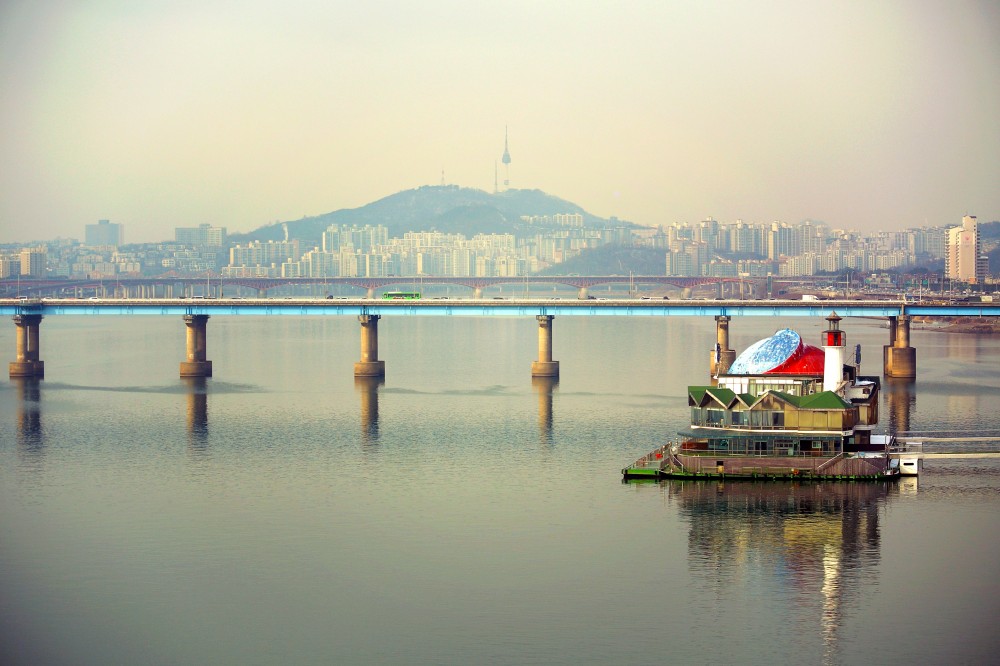David Kim, ‘A Socio-Religious Volunteerism: The Australian NGO Movement during the Korean War (1950-1953),’ European Journal of Korean Studies, Vol. 17, No. 1 (Summer 2017), 32-55.
Abstract: The Korean peninsula, like Taiwan (1895-1945), was one of the colonies of Japan in the first half of the twentieth century (1910-1945). The end of World War II brought an opportunity to be independent, but the different ideologies of the Capitalist Bloc and the Soviet Bloc caused the Cold War. The Korean War (1950-1953) was the initial result of the political conflict. Australia did not have diplomatic relations with the unsteady nation until 1963, but the involvement of the Australian government cannot be disregarded. The Liberal government, led by Prime Minister Robert Menzies, immediately responded to the UN resolution (June 25, 1950) by offering military assistance. Was this military support the only aid for Korea? If not, how did Australia affect the war zone citizens? Was there any Australian NGO movement? If so, what did it do? This paper not only explores the social activities of the Australian NGO group, but also argues that the religious volunteerism of humanitarian aid, medical work, religious mission, and education was a significant refugee project in Pusan (temporary capital) and Kyungnam province.
Keywords: Korean War, Australian NGO, Volunteerism, POW, and Pusan.
